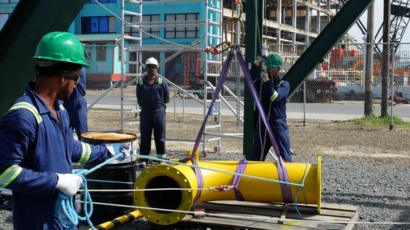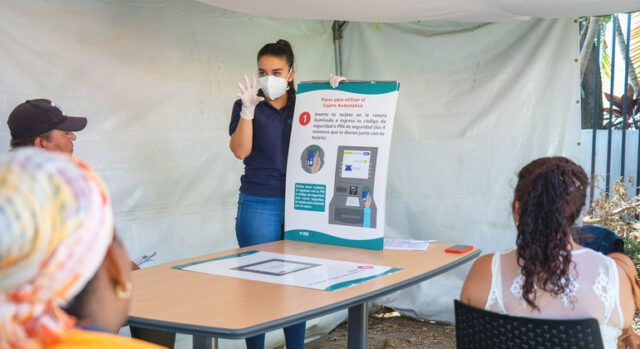
The impact derived from the health emergency caused by COVID-19 on the country’s economic situation is undeniable, but even in this context; citizens recognize the importance of Costa Rica continuing to invest in infrastructure, health, and education.
This was revealed by a study presented by the National Council of Rectors (Conare). The president of Conare, Luis Paulino Méndez, highlighted the importance of permanently studying and analyzing the national reality, as a basis for decision-making in the face of the complex health and economic context that the country is experiencing.
“It is essential to have clarity, the conjunctural analysis, without losing sight of Costa Rica that we want to define a path that responds to the immediate challenges and the future that ensures the well-being of the population,” said Méndez.
The measurement was applied using telephone calls to cell numbers and consulted a sample of 1204 people distributed in different localities of the country on various business issues.
According to the survey, 79.1% of the people consulted recognized a decrease in family income as a result of the current pandemic. In 42.3% of the cases, this affectation represented more than half of the resources they received and in 17.1% it represented all.
In 56% of the cases consulted, the loss of employment by the person interviewed or a family member was portrayed, and 69.7% of the sample negatively assessed the economic situation of the country, compared to only 4.3% who rated it positively.
Despite the difficult reality described, citizens strongly supported the country to continue strengthening the social development model that it has promoted until now. 73.7% of those interviewed supported an increase in investment in public health and 22.8% supported that the current item in this area is maintained.
43.5% of the people consulted supported the strengthening of the country’s investment in infrastructure through the creation of public works, such as bridges and highways, while 34.8% considered that this economic commitment continues as it has until now.
Education and health, top priorities

On the other hand, there was unquestionable social support for public education in the country. 92.9% of the people consulted supported state investment in public primary and secondary education, while 90.5% supported investment in public higher education.
According to the psychologist and researcher, Marco Vinicio Fournier, the positive assessment of the sanitary measures and the role of the Ministry of Health and the Costa Rican Social Security Fund (CCSS), in the emergency care, has generated in the citizens a revaluation of the role of public institutions.
“It seems that the impact of the pandemic has made people re-value the importance of having a solid State and strengthened institutions to face an eventual crisis,” explained the academic.

